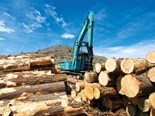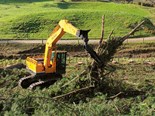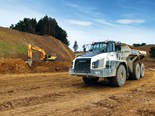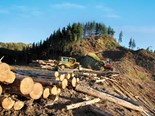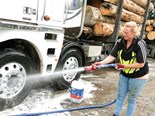Forestry roading blues
The consequences of bad roading practices have a big impact on the viability of logging contractors staying afloat
For months now, I have been having trouble with logging roads that are sound and usable to get our fuel tankers on site to fill diesel tanks.
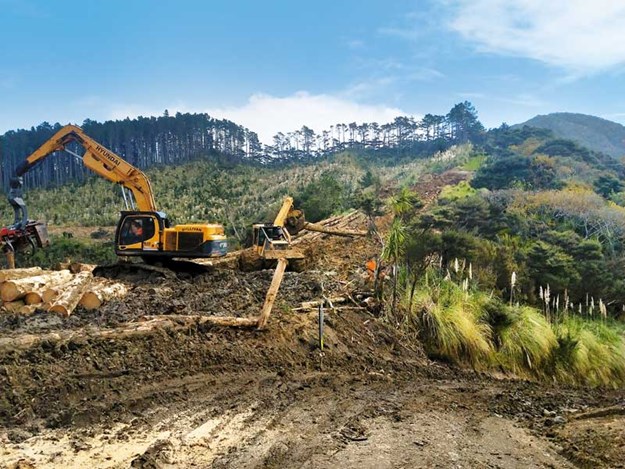
No matter what machine you have or how flash it is or what it does, without fuel, it is useless. I’ve made a number of phone calls to loggers this winter to find out the condition of the road, and I would always get the same reply: "Well, it is winter."
So I would go back to my company and say the same thing and expect our drivers to harden up and just deliver the fuel. Wrong attitude. I fell into the trap of trying to justify the roads by saying, "Oh, well it is winter after all." The fact is that the excuse doesn’t cut it.
I have been on a couple of sites that have been covered in a big slurry of muddy porridge, and log trucks, service vehicles, fuel trucks, and workers are expected to work in this environment. The is not acceptable and something should be done about it.
Let’s step back in time. Years ago, forest owners would have specialist logging roading crews who would go into a block and cut all the road lines and skids and then pull out. Then the roading contractor would go and form all the roads and skids sites and the blocks would be left for months for the skids and roads to settle. The system worked, so why are we having problems today?
The consequences of bad roading practices are having a big impact on the viability of logging contractors staying afloat with too many going to the wall for a number of reasons. With difficult-to-access sites, they cannot maintain consistency of trucks leaving the skid each day and cannot get trucks into blocks.
With margins already squeezed, there is not enough in their rates to withstand the winter blues. This has an impact on their future, as many cannot pay their bills; consequently, they end up in the hands of the debt collectors with a stuffed credit rating.
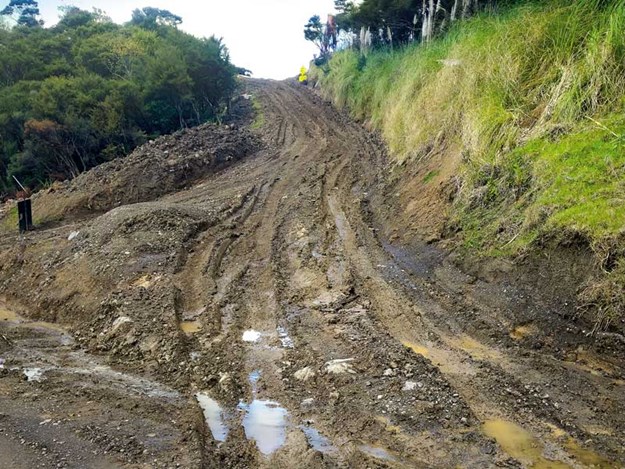
One thing must be clear that this is not a logging contractor problem. Thirty years ago, most forests were owned by large forest companies, who had the infrastructure in place to complete and build good roads. Once a road has been formed, good driving practices by log truck drivers also play a big part in keeping the road in a good condition.
I logged a block in the Waituhi Saddle some years ago between Tokaanu and Taumarunui—a steep to rolling clay/pumice country. The foreman for the roading company was old school and knew how to build a road.
He had rules for the log truck drivers: stop at the bottom of the hill, engage low gear and diff locks, and walk the empty truck in. Those who followed instructions got out. And then there were others who thought they knew better and charged at the hill, finding themselves changing down gears rapidly, pig-jumping, and finally digging a hole in the road.
The roading foreman used to get so frustrated with the trucks not following instructions. Loggers had to then get involved, towing the truckie to the top of the hill while inflicting more damage to the road. So the moral to the story here is, if you obey the rules, the roads will last.
Over the last three decades, huge numbers of privately-owned and new forest companies are being formed and buying up blocks all over New Zealand, adding to our roading woes.
It would appear that they are trying to construct roads and log the block at the same time. Many are skimping on the roading and building roads that will not sustain the pressure of wet weather logging.
All roads built should be considered for all weather conditions. They should be built to last for the duration of logging in the particular block, plus an allowance for maintenance.
The fact is roading should be a priority and built to a standard to ensure the safety and financial wellbeing of all who use them and not cause financial duress to the logging contractor, who is more often than not, held to ransom by the saying, "Well, it is winter."
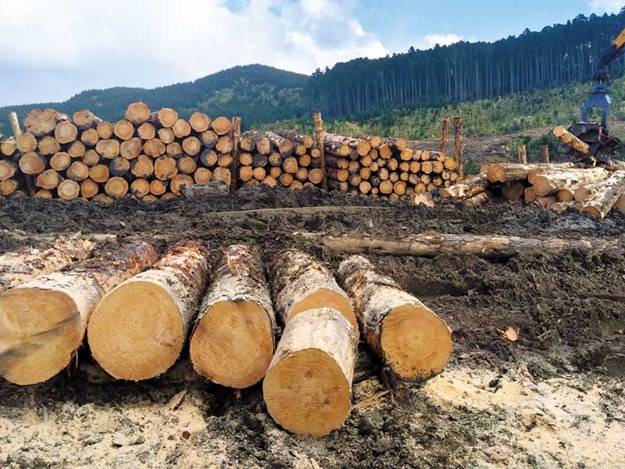
I spoke to loggers over the last few months on this subject and a number of them were feeling the effects of poor roading infrastructure. This has dire consequences for their wellbeing and the effects it has on their families when they are forever wondering when they will be able to balance the books.
A logging company I spoke with could not stress enough on the importance of watershed and the correct handling of it; his thoughts being that 90% of excellent road building depended on it. This was highlighted in an article I recently read on water run-off from logging blocks, particularly what happened in Tolaga Bay.
So, are we building roads correctly? Once again, in our quest for knowledge, we are building roads by university-qualified engineers who know absolutely nothing about practical working conditions when the foreman for the roading contractor at Watuhi Saddle could have done a better job.
Keep up to date in the industry by signing up to Deals on Wheels' free newsletter or liking us on Facebook.

